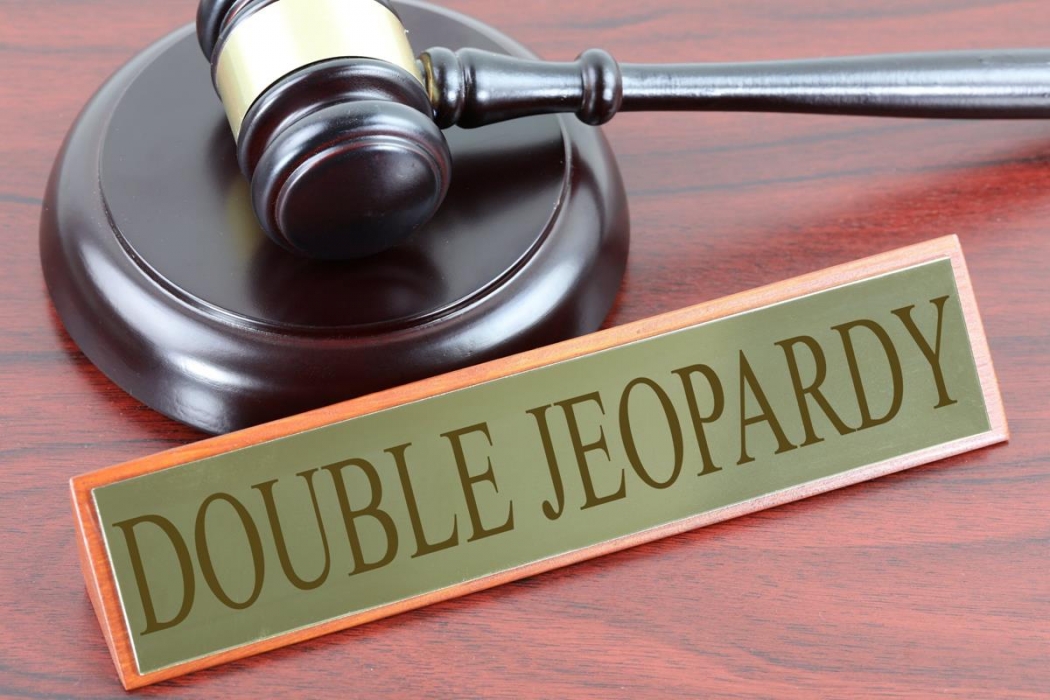In Palko v. Connecticut, 302 U.S. 319 (1937), the Supreme Court ruled against applying to the states the federal double jeopardy provisions of the Fifth Amendment but in the process laid the basis for the idea that some freedoms in the Bill of Rights, including the right of freedom of speech in the First Amendment, are more important than others.
Palko appealed that double jeopardy applied to the states
Frank Palko had been tried for first-degree murder in Connecticut but was convicted of murder in the second degree and sentenced to life in prison. Prosecutors retried him, and he received a death sentence, which he appealed on the grounds that Fifth Amendment protections against double jeopardy applied to the states through the Fourteenth Amendment’s due process clause. At the time, the Court had applied some provisions of the Bill of Rights to the states in this manner, but not others.
Court upheld conviction
In the opinion for the Court, Justice Benjamin N. Cardozo surveyed previous decisions rejecting the application of provisions within the Bill of Rights to the states in the areas of grand jury indictment, self-incrimination, and jury trials. He contrasted these with decisions that had applied to the states freedom of speech and the press, the free exercise of religion, peaceable assembly,and the benefit of counsel in capital cases. Acknowledging that the two lines of decisions might appear inconsistent, Cardozo found a “rationalizing principle.”
Cardozo said First Amendment protected fundamental rights
The Fourteenth Amendment includes only those rights that are “of the very essence of a scheme of ordered liberty.” These include rights that are “so rooted in the traditions and conscience of our people as to be ranked as fundamental.” In looking at the rights of “freedom of thought, and speech,” which the First Amendment protects, Cardozo wrote that they compose “the matrix, the indispensable condition, of nearly every other form of freedom.” By contrast, he did not consider the federal right to protection from double jeopardy to be fundamental.
Justice Pierce Butler dissented without writing an opinion.

